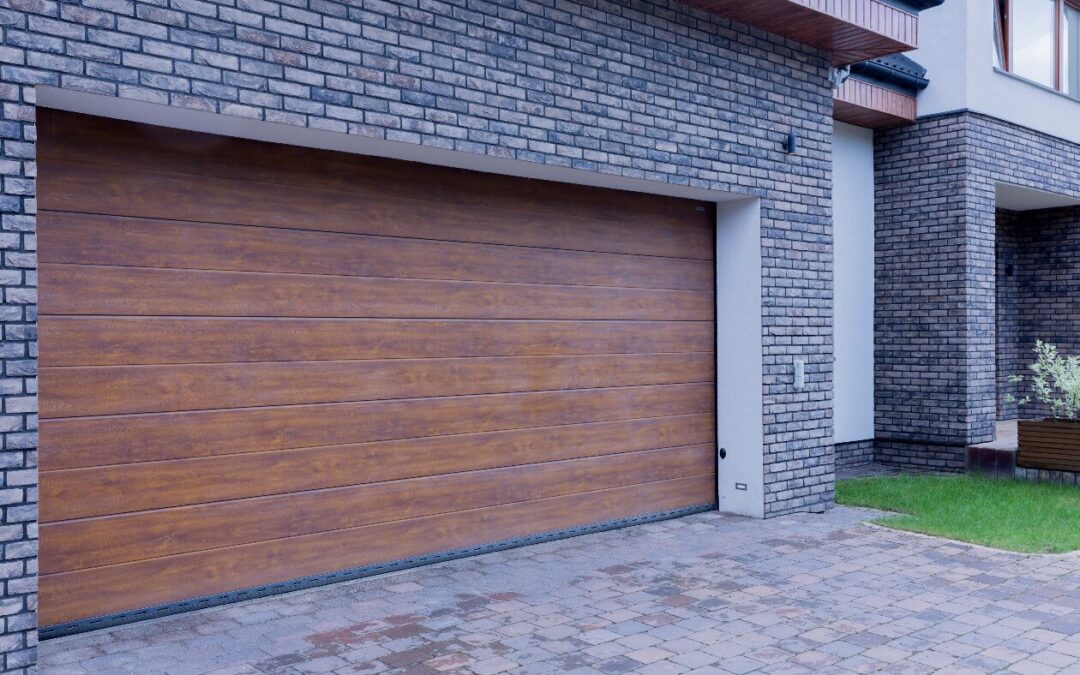When you go to invest in a garage door, you want a good R-value because it leads to energy savings in the home. R-value measures the thermal resistance, and a higher R-value gives you better insulating effectiveness.
Cherry Hill Garage Door, our experts recommend that you pick an R-value between R-14 and R-16. At the minimum, you want an R-value of R-11. However, we will say that if you choose R-11, you will spend money to little benefit. You may want to pay the extra for the energy savings.
Where Do You Find the R-Value?
To find the R-value of your garage door, check on the box. It should say the R-value. That works with a new garage door, but it might not work with an older one. Another thing that you can do is to check the back panel of the garage door from the inside.
If you can see the panel design of the garage door from the inside, it means that you don’t have an R-value garage door. On the other hand, the panel won’t show if it has insulation.
What Is a Good R-value For a Garage Door
Detached garages don’t require as much R-value. With an attached garage, you usually want R-12 to R-16 for the best results. With a detached garage, you might choose lighter insulation or no insulation at all to get a better price.
Keep in mind, this depends on how long you plan to stay in the garage. If you will work out there, you will want a higher R-value because it will keep you warm in the winter and cool in the summer.
We recommend this for a detached garage because it doesn’t share a wall with the home.
This means that the heating and cooling in the garage won’t add up to higher energy bills for your home. In that case, you may find that paying the extra for the good R-value for a garage door won’t make as much sense.
Where You Live Plays a Role in R-Value
Where you live will also influence what kind of R-value you need. For example, here in Cherry Hill, New Jersey, you may want an R-value of 14 or higher.
The need for a good R-value garage door comes from how the northeast region endures greater weather variance than other parts of the country.
Especially if you plan to spend a lot of time in the garage, this can keep you warm while you work, and lower your energy bill.
Let’s say that you want to keep a garage cool in the hotter months. New Jersey averages 82 degrees Fahrenheit to 87 degrees Fahrenheit, and you have 15 to 20 days in the summer at over 90 degrees.
You will want an R-value of over 16 if you want to retain the cool air in the garage. Good R-value for a garage door could also help you when it comes to turning the garage into a living space.
The higher R-value will keep you or your tenant warm, and while it costs more for a garage door with a higher R-value, you will see a return on your investment in terms of cost.
Depending on the R-value, experts estimate that you can save up to 15 percent on heating and cooling.
Other Factors Than the R-Value
The R-value of a garage door does matter, but you shouldn’t look at this as the only thing to pay attention to. You also need to look at the weatherproofing of the door. For example, what type of weatherstripping does the garage door use?
Also, what does the weather sealing look like near the bottom of your garage door? Does it provide you with the flexibility to resist the cold? At the section ends of the garage door, you will also want to look to see if you have a thermal bridge.
Type of Insulation with the Highest R-Value
Typically, fiberglass has the best R-value when it comes to insulation. This is the best insulation when it comes to insulating a home, and likewise, fiberglass makes for good insulation in a garage door. The thick and fibrous substance ranges in from R-8 to R-40.
You want to stick between R-14 and R-16. Too much higher than that, and you can over insulate the garage so that it can’t breathe, which makes it ripe for mold forming.
Material of the Garage Door
Pay attention to the material used for a garage door as well because this can impact the R-value. For example, wooden garage doors will typically have an of R-2, which doesn’t say much about the insulation value.
If you wanted a garage door with a good R-value, you usually want one that uses Polyurethane and polystyrene are some of the most common materials that you will see used.
U-Factor for the Garage Door
Along with the of a garage door, you will sometimes see them add another value known as the U-factor, which looks at the amount of heat that passes through a garage door.
Lower U value means that the material doesn’t let as much heat pass through it. Let’s say that you have an R-value of R-10. This means that the U-factor sits at 0.1. Understanding how these two factors influence each other can make a difference when you go to look for a garage door.
R-value should play a role in your investment because you should be looking at how much money it can save you. In general, we’d advise that you buy a garage door with an R-value between R-14 and R-16. Unless you have a detached garage, R-value does matter.
Detached garages don’t require as much insulation. If you don’t plan to use them as a workshop, it won’t matter too much to have insulation with them.
Nowadays, however, most garages come attached to the home, and because of that, a higher R-value on a new garage door will pay for itself in savings over time.

